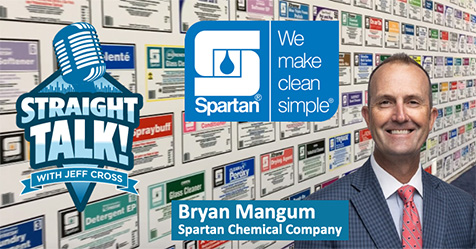BeachBot Removes Most Commonly Littered Item from the Shore
It often seems there’s no escaping the most commonly littered plastic waste in the world—cigarette butts. A European entrepreneur was enjoying a day at the beach off the Dutch coast with his two young children when his 4-year-old son uncovered a cigarette butt in the sand.
That moment inspired Edwin Bos and fellow entrepreneur Martin Lukaart to build a mobile, beach-cleaning machine that can spot cigarette butts, pick them up and dispose of them, Microsoft.com reports. The BeachBot uses artificial intelligence (AI) to learn how to find the butts, even if they’re partially buried in sand. The bot’s creators showed its AI system thousands of photos of cigarette butts, in various states, such as partially hidden, so it could recognize and remember them.
The BeachBot successfully collected cigarette butts during its first demo, during World Cleanup Day last September. Another demo is scheduled for this summer.
When discarded cigarette butts encounter water, such as on a beach, their filters leach more than 30 chemicals that are toxic to aquatic organisms, such as sea turtles, birds, fish, and snails. The butts are also harmful to humans, with some of their chemicals linked to cancers, asthma, obesity, and autism.
Every year, 4.5 trillion cigarette butts end up in the environment. A study by Brazilian scientists found they are the most common form of litter found on beaches and take up to 14 years to disintegrate, poisoning animals and humans in the slow process.


